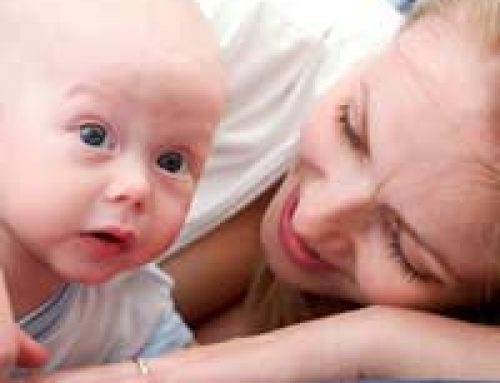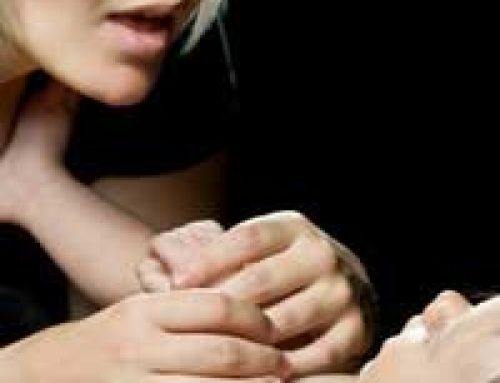
Learning to talk is a monumental stage for children and an exciting time for parents, too. Here we look at how children develop language skills in early childhood and what you can do to help them.
The development of language skills starts way before the time when the first recognisable word is uttered. In fact, the foundations for language are forming during the first few months of a child’s life. Children respond to adult speech, conversation and music through cooing and crying and, by the age of three to four months, they should be cooing away very frequently.
Although cooing barely sounds remotely like talking, this is a good signal that babies are developing early language skills and their noises should be actively encouraged by adults.
You can encourage more cooing from your baby by getting involved in talking to him as much as possible and communicating with him. He’ll respond to this with his own form of cooing – or in baby terms, he’s ‘talking’ to you.
As babies get older, they’ll progress from making cooing noises to sounds that much more like babbling. Babbling usually consists of certain syllables strung together, such as, “dadabadabedoo.” This is a good sign to hear and means that your baby is learning the very basics of language development – that short syllables can be put together to form longer words.
Again, it’s important at this stage to encourage this babbling as much as possible – you can do so by talking lots to your baby, as he’ll be listening to everything you say.
One To Two Years Old
By the time a baby reaches their first birthday, they’ll be able to recognise commonly used words, such as ‘feeding’ or ‘mummy.’ Some babies may even be able to say simple words like, ‘mama’ at this stage, although other infants may take a little while longer to utter their first words.
Between the ages of one and two years old, toddlers will progress well with their language skills. They’ll have a much better understanding of what you’re saying and will be able to use simple words and gestures to make you know what they want. In fact, they’ll be making good steps with putting simple words together to make mini sentences.
You can aid your child’s progression with language skills by continuing to talk to them as much as possible, when you’re at home, with other people or out and about. It’s good to help them learn the names of more and more objects and it will be beneficial to get children to repeat words as you say them.
Reading lots of books during this time will help broaden your child’s knowledge of words too, helping with both reading and talking skills.
You can help the continuation of their language skills by:
- Playing lots of games with words, such as naming different types of fruit or objects in the home.
- Using flashcards and getting your child to name the object on the card.
- Sticking up the names of objects in their room, such as their wardrobe, chair, clothes or bed.
- Singing songs together on a regular basis. You can add an extra dimension by singing a song, but leaving out a vital word, so your child has to guess which word it is.
The development of language is a big milestone for children. You can make the learning process fun by interacting with them the whole way through, encouraging them as they achieve new words and making the process enjoyable.





Thanks very much for your well documented work. May you continue doing the same for the sake of helping our children grow well.